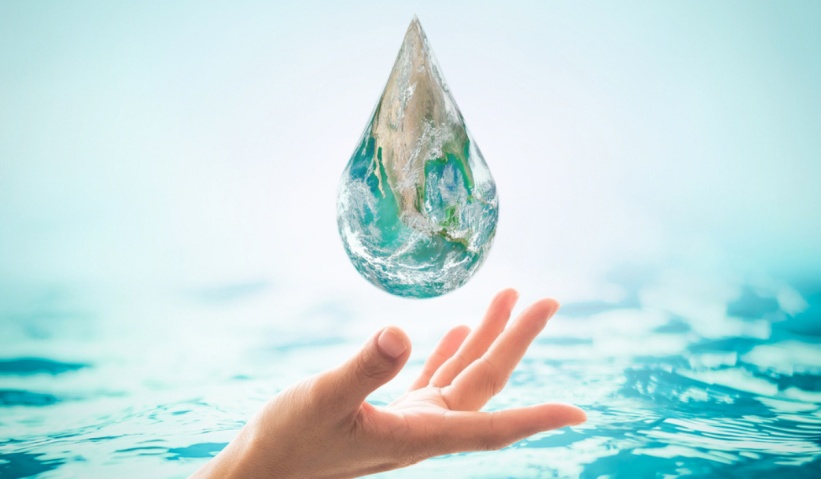Description

Copyright infringement is not intended
Context - The Minister of State for Jal Shakti stated in Lok Sabha about the steps taken on the Mihir Shah Committee report.
Details
- Water comes under the state list; therefore measures for conservation and efficient management of water resources are largely undertaken by the respective State Governments.
- Through various schemes and programmes, the Central Government provides technical and financial assistance to supplement the efforts of the state.
- Mihir Shah Committee on restructuring the Central Water Commission (CWC) and the Central Ground Water Board (CGWB) was formed in 2016.
- The Central Water Commission (CWC) is coordinating with states for the implementation of schemes for the conservation and utilisation of water resources.
- The Central Ground Water Board (CGWB) is responsible for the assessment of groundwater resources and for the implementation of policies for sustainable management of groundwater.
Key recommendations of the Mihir Shah Committee
- The Committee recommended that the Central Water Commission (CWC) and the Central Ground Water Board (CGWB) should be restructured and unified to form a new National Water Commission (NWC).
- A unified body will help in ensuring sustainable management of water resources.
- Create an Irrigation Reform Division to assist states on irrigation projects and improve water management.
- River Rejuvenation Division to implement region-specific programs for the rejuvenation of rivers.
- National Aquifer Management Programme for mapping and management of aquifer systems in the country.
- It will also assess and estimate groundwater resources at the national level.
- Water Security Division to tackle challenges related to water security.
- Urban and Industrial Water Division to develop a cost-effective and suitable technology to recycle and reuse urban and industrial wastewater.
- Water Quality Division to formulate and implement programs to control pollution of water bodies and aquifers.
- Water Data Management and Transparency Division: This division will create and maintain a transparent and accessible system of data management on the water for public use.
- Development of institutions for capacity building of water professionals in water and land management.
Steps by the government for the effective management of water resources
- National Plan of Interlinking of Rivers for transferring water from surplus basins to deficit basins/areas.
- National Water Development Agency has identified 30 River linking projects.
- Ministry of Jal Shakti is implementing Jal Jeevan Mission to make provision of potable tap water supply to every rural household in the country by 2024.
- The Union Government has launched AMRUT Scheme with the objective of delivering universal coverage of water supply through functional household tap connections in all statutory towns in the country.
- The Government has launched the ‘Jal Shakti Abhiyan: Catch the Rain’ campaign to focus on rainwater harvesting and water conservation.
- Pradhan Mantri Krishi Sinchayee Yojana (PMKSY) focuses on water use efficiency at the farm level through micro-irrigation.
- ‘Sahi Fasal’ programme was launched by National Water Mission to encourage farmers in water-stressed areas to grow crops that use water very efficiently, and are suitable for the agro-climatic-hydro characteristics of the area.
- Atal Bhujal Yojana focuses on community participation for sustainable groundwater management in specified water-stressed areas.
Way Forward
- Participatory groundwater management needs to be recognised as a common pool resource and its continuous, unchecked extraction needs to be stopped.
- Corrective measures such as cropping pattern that does not require over-withdrawal of the resource should be adopted.
https://www.pib.gov.in/PressReleseDetail.aspx?PRID=1811838





